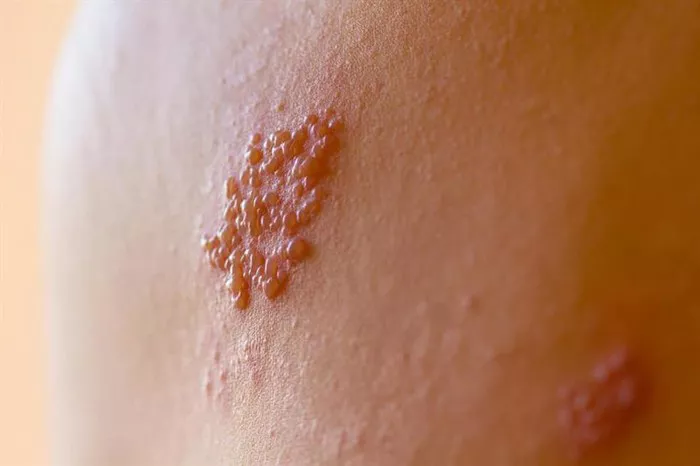In our daily lives, we encounter numerous metals through various products and everyday items, ranging from jewelry and accessories to electronics and kitchenware. Some of these metals, including nickel, chromium, cobalt chloride, copper, and gold, are known to be common triggers for eczema, particularly contact dermatitis.
Contact dermatitis occurs when the skin becomes irritated or inflamed after exposure to a substance that provokes an allergic reaction. The American Academy of Allergy Asthma & Immunology estimates that up to 20% of people experience contact dermatitis.
It is particularly crucial for individuals with atopic dermatitis (AD) to identify whether they are sensitive to specific metals. Dr. Vivian Shi, a dermatologist and associate professor in dermatology at the University of Arkansas for Medical Sciences, emphasizes that “If an allergic contact dermatitis to metal occurs on a person with AD, it can worsen skin inflammation and itch symptoms.”
Everyday Items Containing Metals
Nickel: Nickel is the most prevalent allergen, with nearly 1 in 5 people in North America estimated to be allergic to it, according to the American Academy of Dermatology (AAD). It is commonly found in jewelry, clothing fasteners (like zippers and buttons), electronics, appliances, kitchenware, and even certain foods and drinks.
Chromium: Chromium is present in paints, welding materials, pottery, and various foods. Its presence in foods can vary widely depending on manufacturing processes and local environmental factors.
Cobalt Chloride: Found in items such as spray paints, wood stains, hair dyes, makeup, and even blue tattoo ink.
Copper: Copper is found in pennies, jewelry, electrical wires, plumbing, dental appliances, and medical devices.
Gold: Apart from being used in jewelry, gold is also present in cosmetic products, dental fillings, medical devices, and arthritis treatments.
Symptoms of Metal Allergy
Symptoms of metal allergy, such as contact dermatitis, may not manifest immediately but typically appear 2 to 3 days after exposure. Symptoms include itchy, red skin, rashes, swelling, bumps, blisters, dryness, scaliness, or a burning sensation.
Why Metals Cause Contact Dermatitis
Dermal absorption is a key reason why metals trigger allergic reactions in many people. Metals can corrode during prolonged skin contact, especially in sweaty conditions, allowing their particles to penetrate the skin and initiate an allergic response.
Prevention and Management
To prevent flare-ups from metal allergies, patch testing is recommended to identify specific allergens triggering eczema. Once a metal allergy is confirmed, the best prevention is to avoid exposure to that metal as much as possible. Recommendations include replacing metal clothing components with plastic-coated alternatives, opting for hypoallergenic jewelry, and carefully reading product labels for metal content.
Understanding metal triggers and taking appropriate preventive measures can significantly alleviate symptoms and improve quality of life for individuals with metal-induced eczema.


























